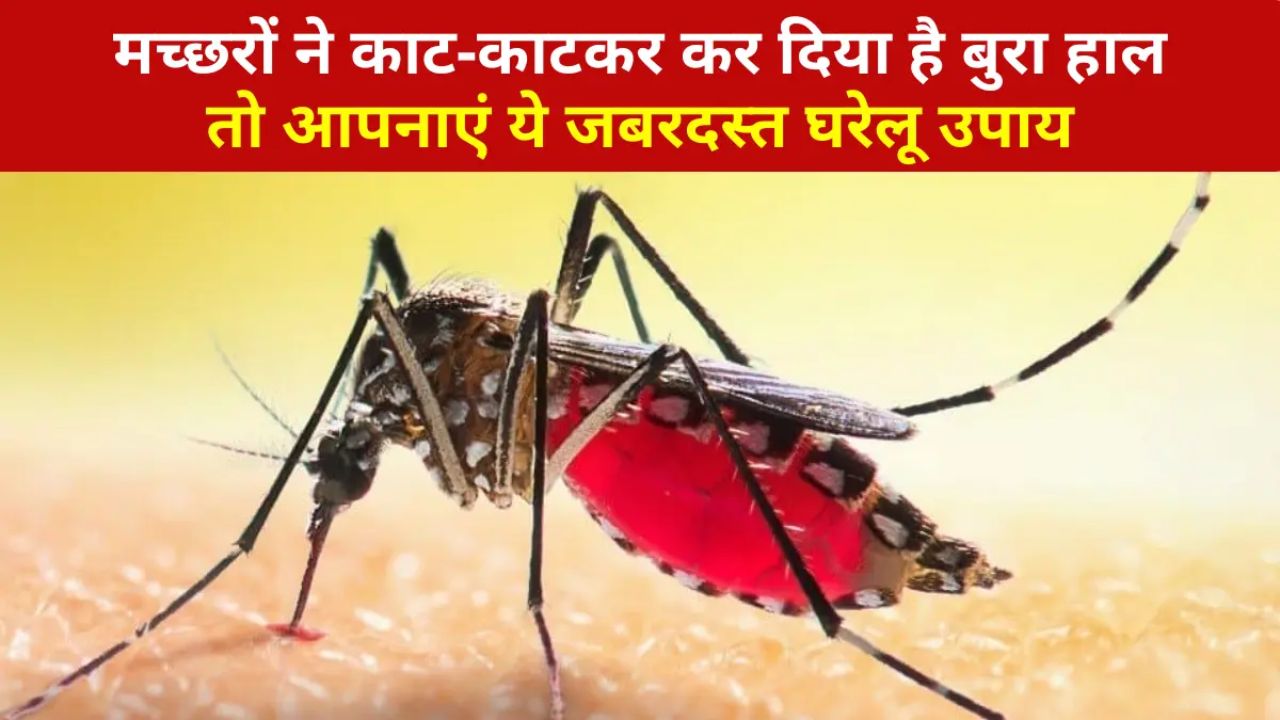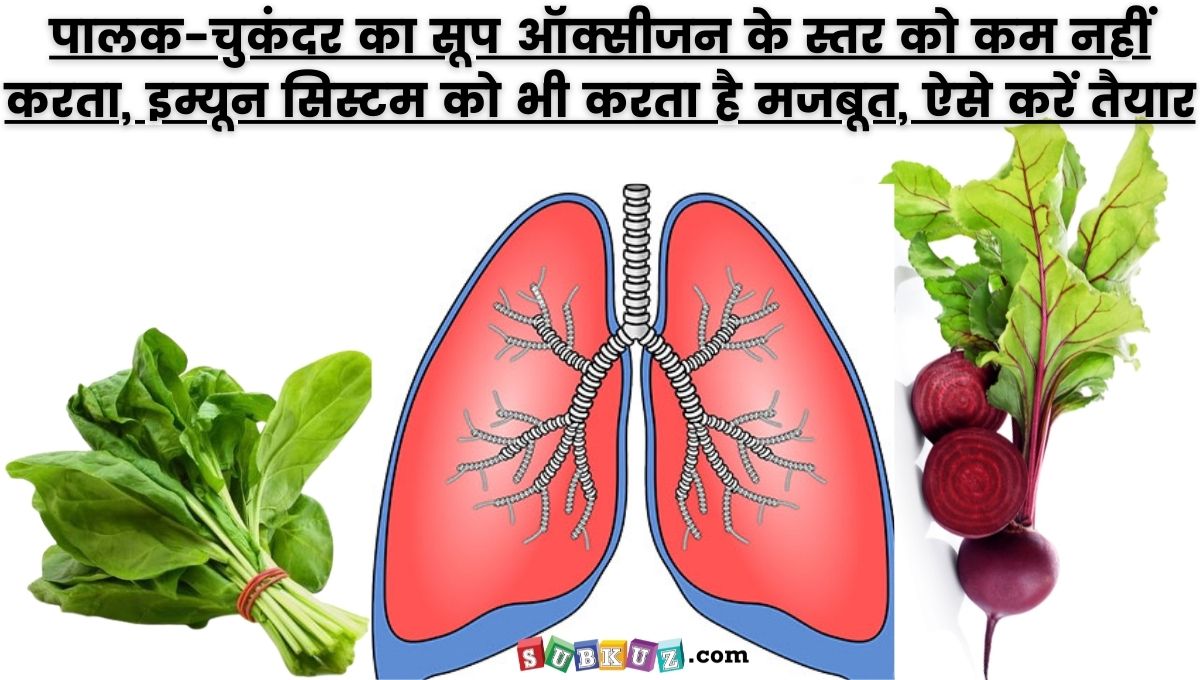The recent death of a tigress in Gorakhpur zoo due to avian influenza (bird flu) has sparked widespread concern across Uttar Pradesh. Several zoos and poultry farms have subsequently been closed. According to the World Health Organization (WHO) and various research studies, some dangerous variants of bird flu, particularly H5N1, can be lethal to humans. This article details the early symptoms of bird flu, its dangers, and essential preventive measures.
What is Bird Flu?
Bird flu, also known as avian influenza, is a viral infection primarily affecting birds. However, this virus can occasionally spread to humans, especially through contact with infected birds. Many types of bird flu exist, but variants like H5N1 and H7N9 are considered more dangerous due to their higher mortality rates.
What are the Early Symptoms of Bird Flu?
Symptoms of bird flu in humans typically appear within 2 to 8 days of exposure to infected birds. Initial symptoms resemble those of the common flu, making timely diagnosis difficult. Therefore, it is crucial to take these symptoms seriously.

- High Fever: A high fever is the first and most prominent symptom of bird flu. This fever often exceeds 38 degrees Celsius and appears suddenly. Weakness and fatigue may accompany the fever.
- Dry Cough and Sore Throat: This virus primarily affects the respiratory system. A persistent dry cough and sore throat can result from the infection. These symptoms are particularly noticeable once the virus has spread to the lungs.
- Muscle and Joint Pain: Severe pain in muscles and joints throughout the body is another symptom of bird flu. This pain indicates the virus's spread within the body.
- Headache and Chills: Severe headaches and recurring chills, sometimes accompanied by shivering, can be early signs of infection.
- Difficulty Breathing: In some cases, bird flu patients experience difficulty breathing. This is a serious condition requiring immediate medical attention.
- Stomach Problems: Occasionally, bird flu patients may experience vomiting, diarrhea, and stomach pain. While less common, these symptoms can also have serious consequences.
How Dangerous is Bird Flu?
Some bird flu variants, such as H5N1, are proving extremely dangerous to humans. According to a 2025 study, the H5N1 variant can severely worsen an infected person's condition within 48 hours. It can lead to pneumonia, multi-organ failure, and often death. According to WHO data, the number of deaths from bird flu infection increased significantly between 2023 and 2025. Approximately 6 out of 10 people infected with this virus have lost their lives. This suggests a mortality rate exceeding 50%.
How to Prevent Bird Flu?

Taking specific precautions is crucial to prevent bird flu, especially for those who come into contact with birds or work in poultry farms.
- Maintain Distance from Infected Birds: Avoid contact with sick or dead birds. Strictly adhere to cleanliness and safety regulations in poultry farms and zoos.
- Focus on Hand Hygiene: Wash hands thoroughly with soap and water after touching birds or returning from a poultry farm. Frequent handwashing prevents the spread of infection.
- Wear Masks and Gloves: Wear masks, gloves, and a full PPE kit while working in poultry farms or zoos to protect against the virus.
- Avoid Undercooked Meat: Ensure that chicken and eggs are fully cooked. Eating undercooked meat or eggs can introduce the virus into the body.
- Maintain Distance from Infected Individuals: Maintain distance from anyone experiencing fever, cough, or difficulty breathing and seek medical advice.
- Consult a Doctor Promptly: Contact a doctor immediately if you experience fever, cough, sore throat, or difficulty breathing. Timely treatment can prevent the disease from becoming serious.
Bird Flu Treatment and Medical Assistance
Treatment for bird flu involves antiviral medications. Patients are also closely monitored to minimize the infection's impact. Delays in initial treatment can worsen the patient's condition. Therefore, consulting a physician as soon as signs of infection appear is extremely important.














